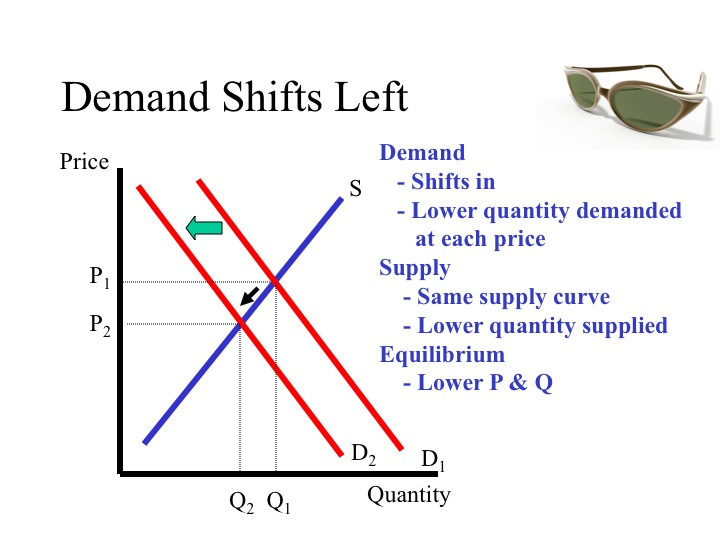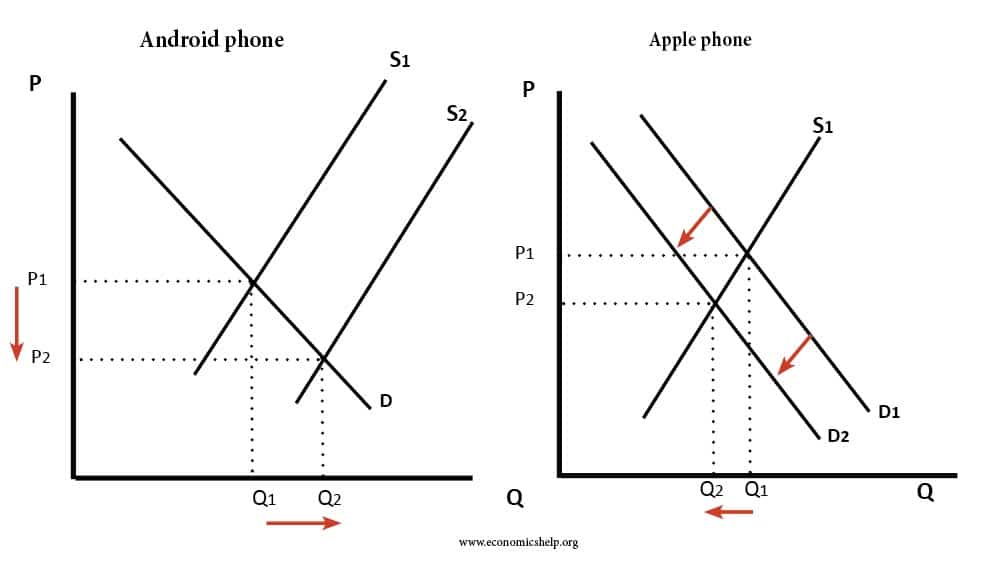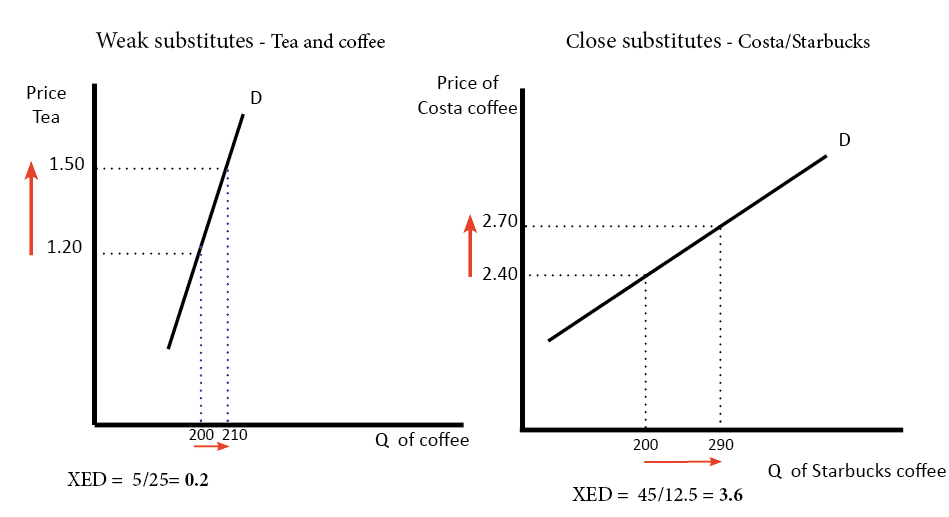When the supply curve of renewable energy sufficiently moves to the right to satisfy all demands of energy consumption, the price of alternative fuels stabilizes and lowers. I have no doubt the demand curve for alternative fuels, right now, is to the right (is higher) than the demand curve for fossil fuels and will move further to the right (increase) with sufficient production and the price of alternatives may further increase due to inflation.
Ya feel better, now?
First:
What I feel like has nothing to do with anything I've written; thus I won't answer your question about that.
Second:
The clarification you've provided above is no better than what you earlier wrote, and it's every bit as absurd.
SIAP. While production of renewable energy hasn't reached the level to compete with fossil fuel, the demand curve for fossil fuels will always be greater than renewable energy's.
Third:
I'm not sure what exactly you're not realizing; it could be one or more of several things.
- That changes in the prices of the two energy sources will shift their respective demand curves. Despite what it looks like from the graphs, quantity demanded is a function of price, not the other way round.
- The difference between shifts in demand with changes in quantity demanded.
- What causes a change in quantity demanded? Shifts in the supply curve. Or, if one prefers, things that shift the supply curve.
- Technology (obsolescence)
- Other goods (obsolescence)
- Number of sellers
- Expectations
- Resource cost
- Subsidies and taxes
- What causes shifts of demand? Any one of five things:
- The price of the good or service.
- Prices of related goods or services. These are either complementary, those purchased along with a particular good or service, or substitutes, those purchased instead of a certain good or service.
- Income of buyers.
- Tastes or preferences of consumers.
- Expectations, typically expectations about whether the price will go up, but it can be other kinds of expectations.
When demand shifts downward (D[SUB]1[/SUB] --> D[SUB]2[/SUB]), is the quantity demanded at the original price (P[SUB]1[/SUB]) less than it was prior to the downward shift? Yes, of course.
Forth:
Effective demand for fossil fuels will not always outstrip that of renewable energy sources. It won't because
- At some point, the value proposition (elasticity of demand; "worth-it-ness") of fossil-fuel produced power will not be greater than that of renewable energy/power. Put another way, fossil fuel energy/power will at some point become obsolete.
- At some point, fossil fuels will become so scarce that some sort of alternative energy/power source will have to be demanded instead. As that point approaches, the demand curve for fossil fuels will progressively move left/downard.
What will happen is that effective demand for fossil fuel energy/power will decrease and the effective demand for renewable energy/power will increase. That's what will happen because
fossil fuel energy/power and renewable energy/power are substitutes. Indeed, I dare say they are
economically near perfect substitutes, if not actual perfect substitutes.
Substitute goods are those goods which can be used in place of one another for satisfaction of a particular want, like tea and coffee. Demand for a given commodity varies directly with the price of a substitute good. For example, if
price of a substitute good (say, coffee) increases, then
demand for given commodity (say, tea) will rise as tea will become relatively cheaper in comparison to coffee.
- Substitute Goods
In the diagram on the left, there is a fall in the price of Android Phones causing consumers to demand more. (movement along the demand curve). As a result, there is a fall in demand for the substitute (Apple iPhone) leading to less demand.
- Cross Elasticity of Demand (XED)
Substitute goods and cross elasticity of demand illustrated:
- Assumptions:
- Tea and coffee are weak substitutes.
- Cost and Starbucks are close substitutes.






